FASB
An incubation and acceleration program for socio-environmental projects based on the mobilization of communities in the south of Bahia and the north of Espírito Santo.
Get to know FASBProgram overview
Title: FASB
Aim: Forest restoration, sustainable land use to build a unique large-scale ecological corridor through Hileia Baiana
Duration: First cycle 2021-2024 (closed); Second cycle 2024-2030 (details below)
Location: Hileia Baiana, Far South of Bahia and North of Espírito Santo
Total investment: €8m
Supporters: KIRKBI, BNDES, Suzano
Managers: – iNovaland, FUNBIO
There are 50 indigenous communities in the region and the objective that makes us participate is for our peoples to be included in actions and activities that are mainly productive, agroforestry, food security and environmental preservation. As it is customary for our peoples to protect the environment, the collaboration we have to offer Brazil and the world is that the standing forest is of immeasurable value to us and also that the traditional knowledge of how to carry out these activities and have the potential to use the soil and the forest for their own survival in a sustainable way must be considered in addition to scientific knowledge."
Cacique Aruã Pataxó - President of the Federation of Pataxó and Tupinambá Nations of the Far South of Bahia
"For us, the Quilombola community of Ribeirão, being part of the FASB project is a dream come true. With the support and funds offered, we are restoring native forests that produce essential and vegetable oils, honouring our heritage and valuing our ancestral species.
Marilza Machado - Biologist, Member of the Quilombola Community of Ribeirão and Project Coordinator.
"Throughout the work, we have rescued ancestral practices that were already practiced by traditional peoples and local communities, and with this, we have rebuilt our identity as a riverside people. These changes are bringing more life to the ecosystem, with the presence of local or rare animals from the Atlantic Forest, as well as actively engaging and guiding the new generation of young people as guardians of the environment."
Jheyds Kann is a family farmer, journalist and activist for the João de Tiba River.
FASB Profile
FASB is an incubation and acceleration program that follows the project cycle through its various stages, providing technical assistance from inception to full implementation, supporting the evolution of projects from the initial stages until they are ready. This approach reduces risk, enables high quality and accelerates expansion.
Starting its activities in April 2021, FASB invested 3 million euros in 45 socio-environmental projects in southern Bahia with 34 different institutions, benefiting the environment and families in 23 municipalities located in the South and Far South of Bahia, Brazil.
For the period 2024-26, eight million euros are programmed for the creation of an ecological corridor in Hileia Baiana, which will be applied through two lines of action: Connecting Landscapes, and Corredor da Mata.
Hileia Baiana
- Name given to the pristine forest that originally occupied an area that extended from the current south of Bahia to the north of Espírito Santo.
Aim
FASB's main focus is on working with traditional communities to transform the landscape through the development of projects. Its actions are based on mobilizing local communities with the aim of building resilient and biodiverse ecosystems with people as the central element, driving local actions focused on sustainable development to connect fragments of the Atlantic Forest.
In this way, FASB has become a multistakeholder platform, formed by its project developers: indigenous communities, quilombos, settlements, family farmers and regional NGOs, resulting in the formation of a network aimed at exchanging knowledge, inputs and labor. FASB has local and remote teams specializing in socio-environmental projects, which operate strongly in the regions where the projects are located.
Objectives
FASB adopts an innovative bottom-up approach that supports locally-led projects through a stepwise approach: from providing technical assistance and initial funding to support people develop their ideas, to incubating promising projects and enabling them to scale up by attracting commercial investment.
FASB supports projects such as forest restoration, agroforestry, sustainable land use and climate-resilient food production at a landscape scale and through a systems approach. The activities include: planting trees to restore riparian forests zones, environmental and climate change education, capacity building and implementation of best practices for sustainable timber production.
With this approach, the FASB aims to:
- create a 500 km ecological corridor
- connect 150,000 hectares of forest fragments
- restore 3,000 hectares of new forest
FASB is localizing the achievement of sustainable development in Brazil by contributing to the following UN-SDGs.
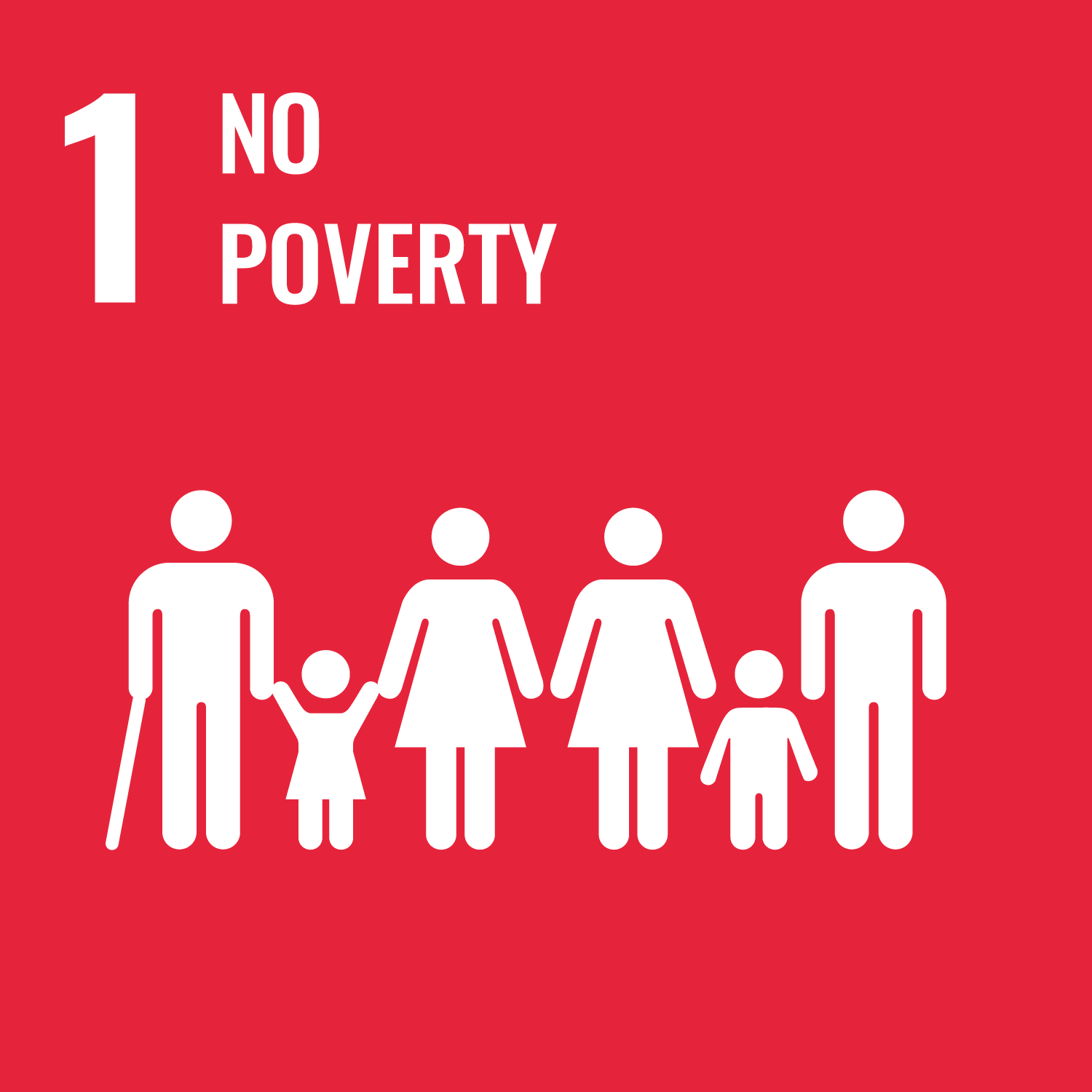
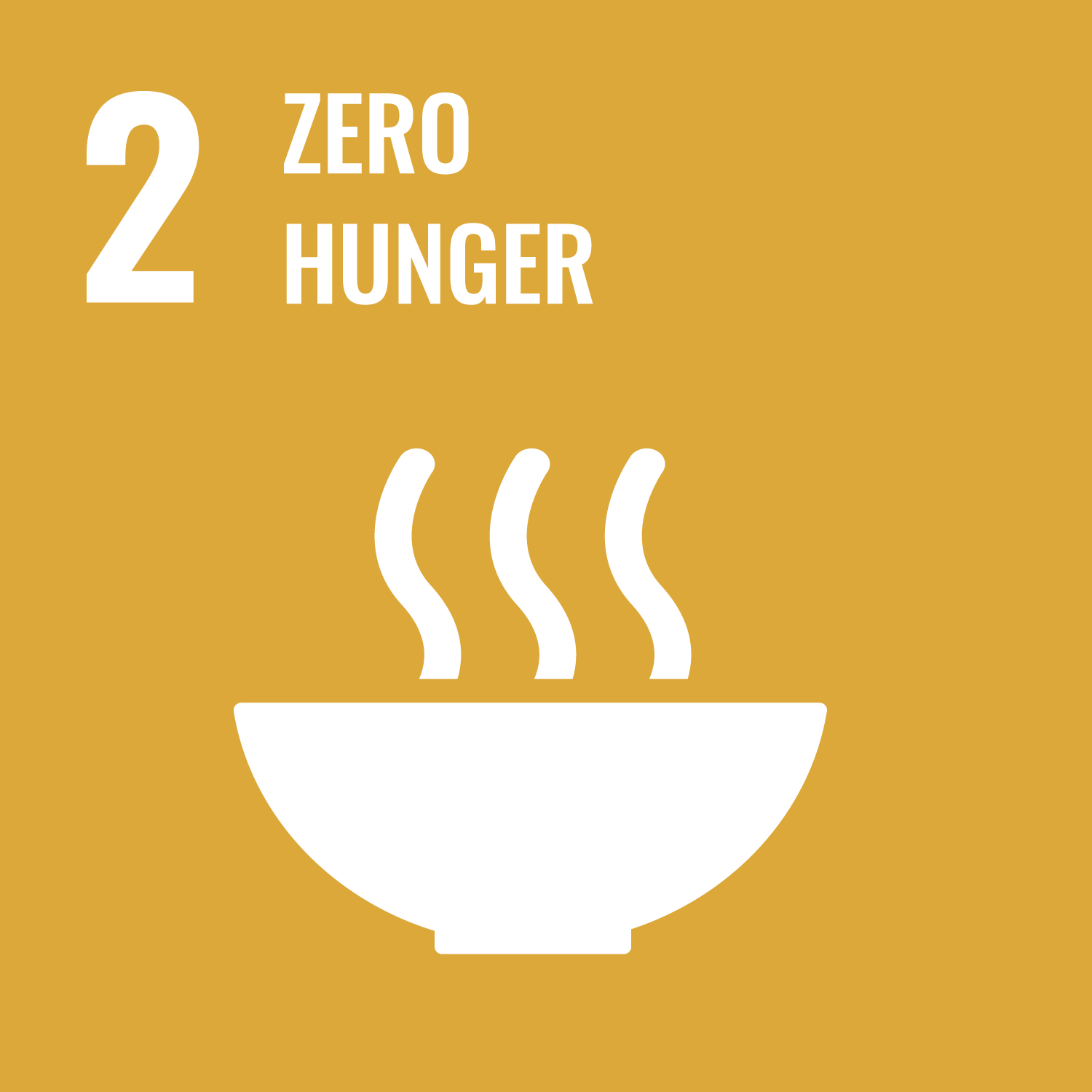
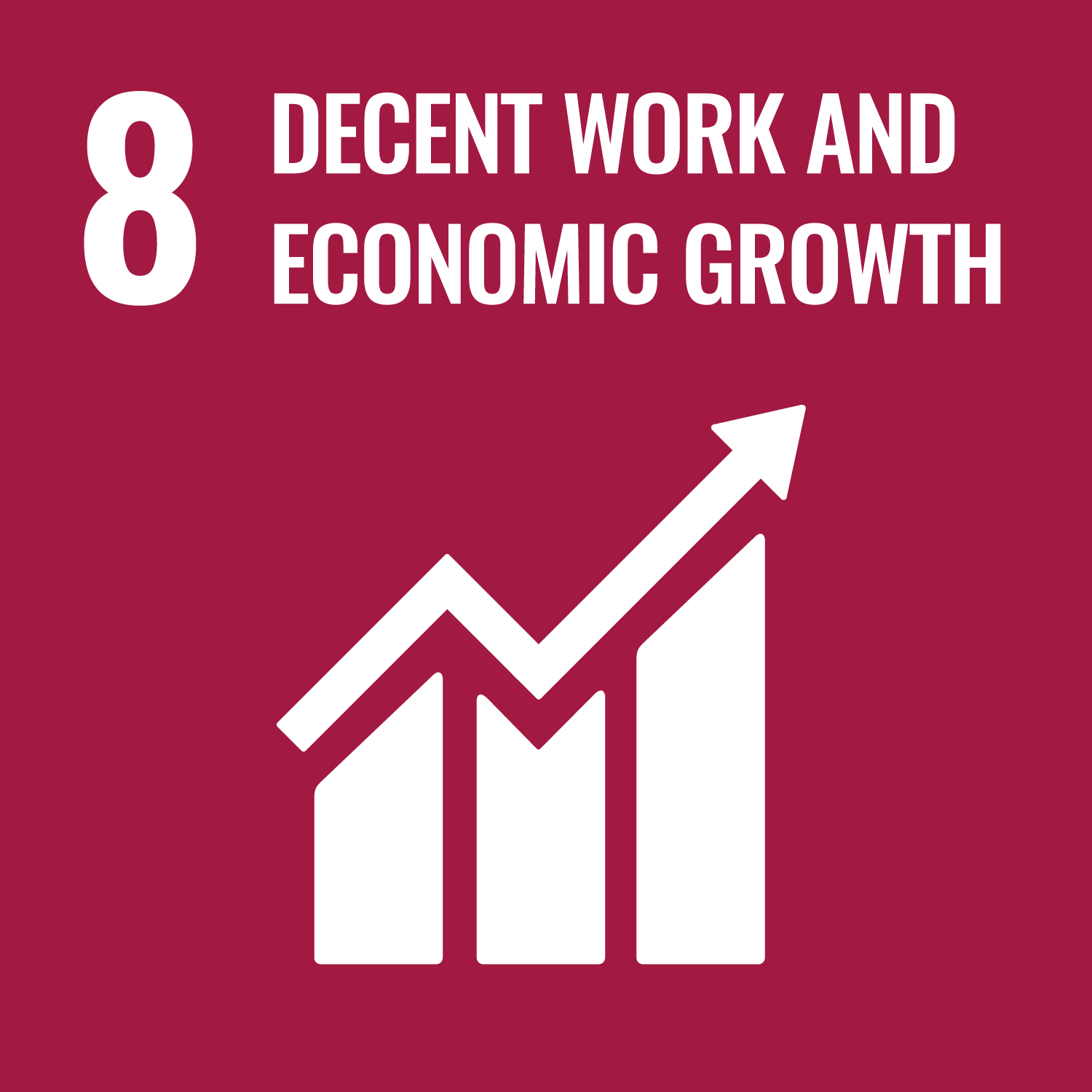
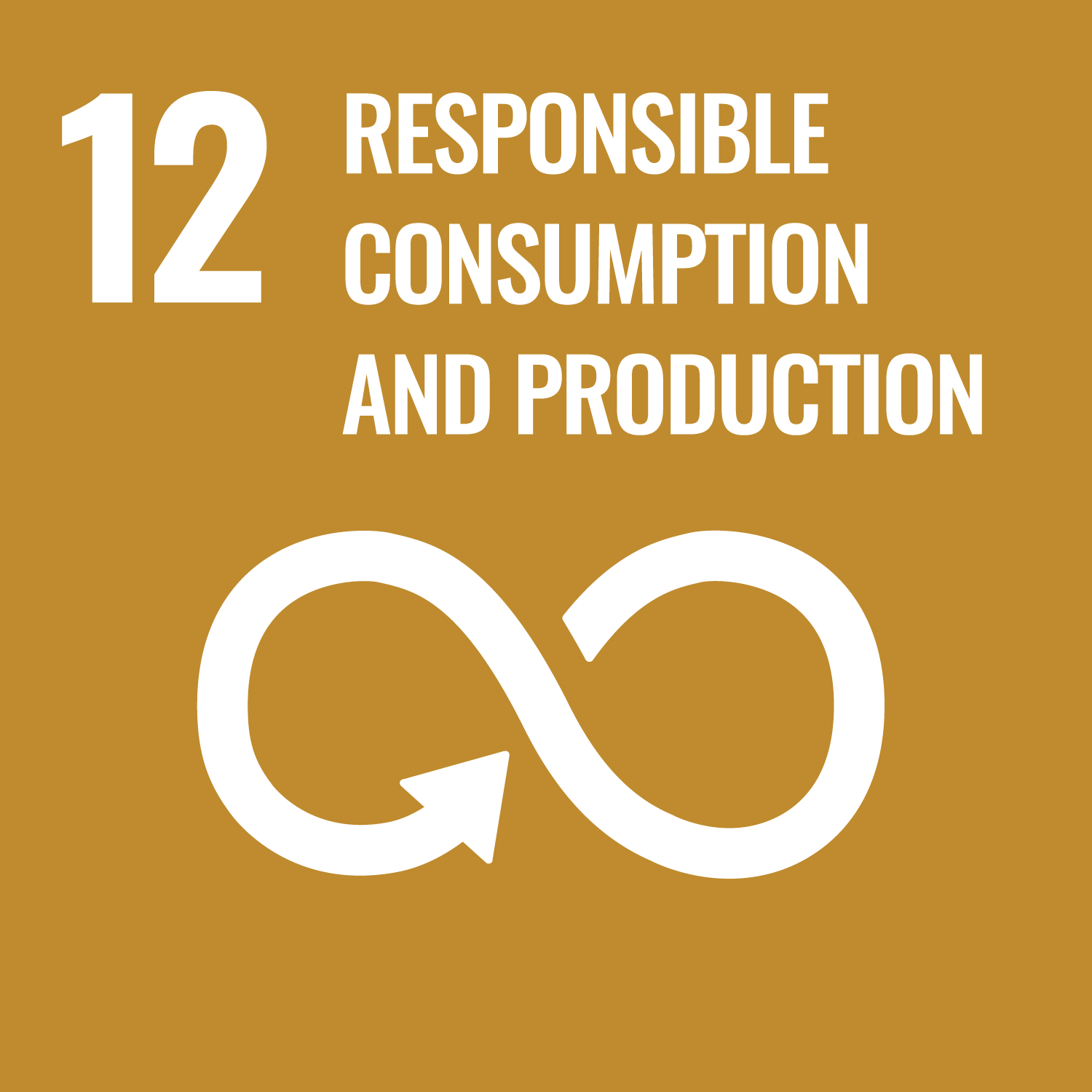
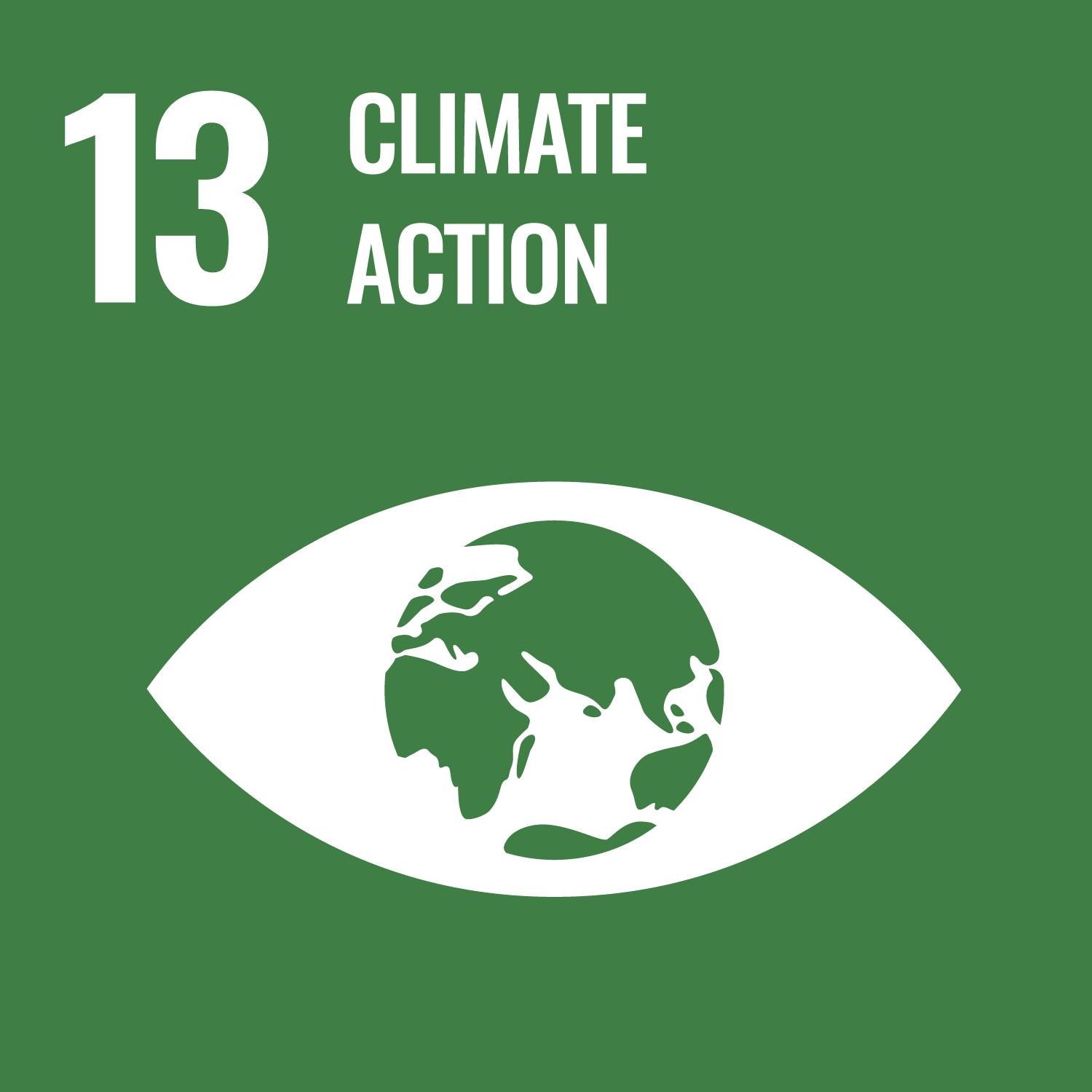
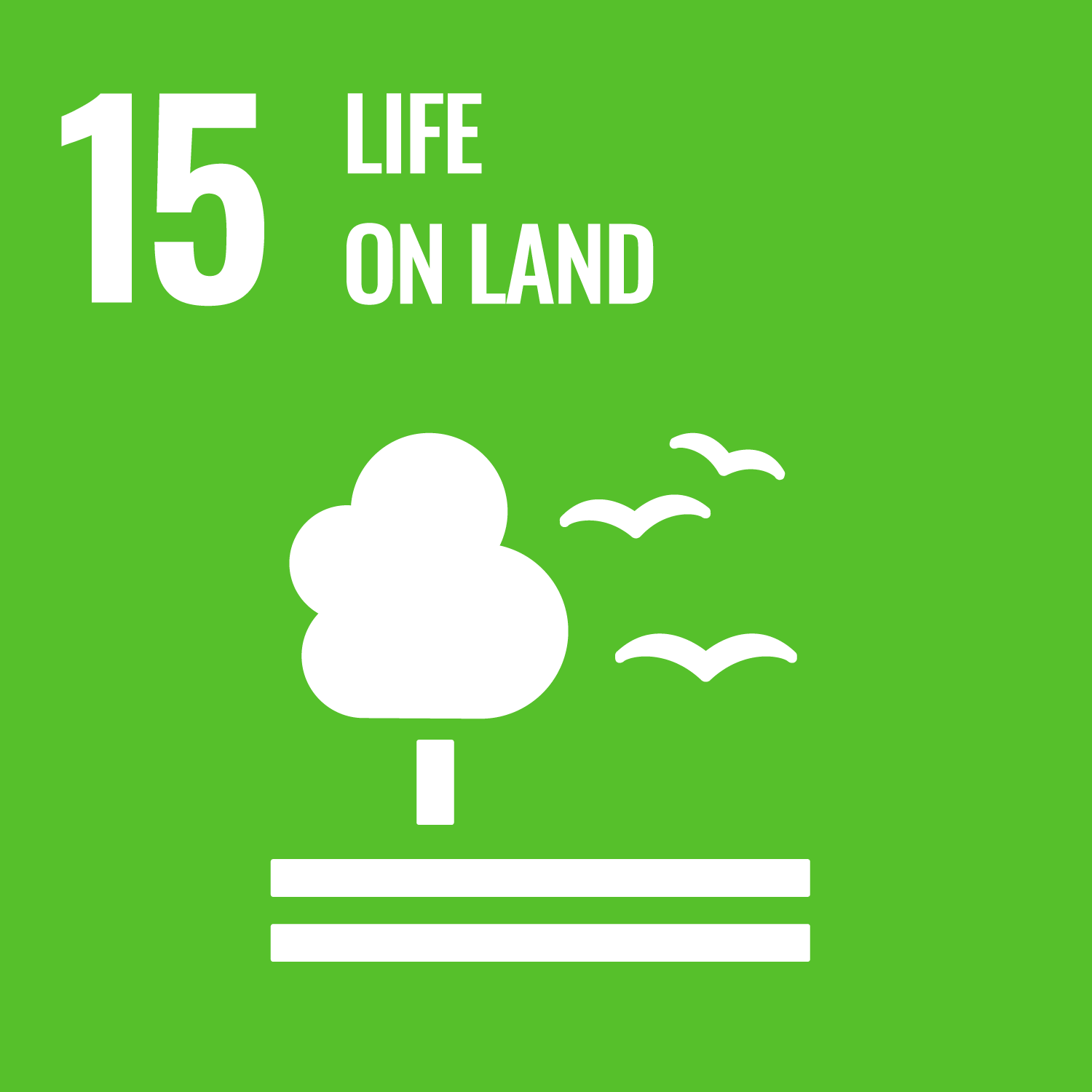
FASB Progress
The year 2023 was a milestone for FASB. The project has consolidated itself in the territory and has become a recognized brand with a total of 45 projects implemented by 34 different institutions.
Below are the indicators (2021-23) taken from the monitoring reports delivered for the project categories totaling 330ha currently executed against the 1,229ha contracted (27%).
With a total investment of €2,600,000 in funds received, €1,392,850 has already been invested and €1,567,150 remains to be allocated to complete the first investment cycle for all the projects approved in the six calls for proposals that began in April 2021.
Forest recovery
The projects are carried out in one of the most important biodiversity hotspots on the planet: the Atlantic Rainforest.
- 231 hectares under natural forest/ecosystem restoration activities
- 35 hectares of area under productive forest restoration activities
- 330 hectares total area under ecosystem restoration
- 154,135 native trees planted for natural ecosystem restoration purposes
- 1667 hectares of area under riparian improvement activities
Sustainable agriculture
We support a future in which people and nature live in harmony by promoting sustainable land use to improve food security for vulnerable communities.
- 64 hectares of area under responsible agricultural activities
- 540 exotic or native trees planted for commercial purposes
- 70,144 agroforestry trees planted
- 1,313kg of 157 seeds collected + 90,375.00 seedlings produced from 216 species + sustainable agriculture is the volume of products generated from livelihood interventions, by product

Social
We put communities at the center of our work. As a result, several families and workers have been involved in the project's actions, both directly and indirectly (by taking part in training and learning from examples). Both in the implementation of the project and in the improvement of actions, training, courses and meetings.
- 193 meetings held
- 2,651 participants involved in meetings
- 1,322 people trained
- R$ 334,157 in revenue generated from livelihood interventions, per product
Total trees planted
During this period, 224,789 trees of 190 different species were planted, of which ~170 were native and ~20 exotic.
In the first 2 years, the FASB invested 1,180,000 Euros in 23 different projects. These projects cover a range of activities, supporting forest recovery and sustainable agriculture:

Recuperação
florestal
The projects are carried out in one of the most important biodiversity hotspots on the planet: the Atlantic Rainforest.
- 782 hectares of contracts agreed
- 1,482 hectares of surveying agreed
- 6,660 hectares of ecological corridor connections contracted
- 2,992 hectares of connections under surveying

Agricultura
sustentável
We support a future in which people and nature live in harmony by promoting sustainable land use to improve food security for vulnerable communities.
- 399 hectares of contracts agreed
- 368 hectares under surveying
- 1,606 families impacted directly and more than 2,500 indirectly
FASB has also supported other projects to access financing from third parties. This additional funding has delivered:
- 200 hectares of forest restoration
- 470 hectares of sustainable agriculture
FASB's Projet
The map below shows the FASB projects in the different areas of implementation.
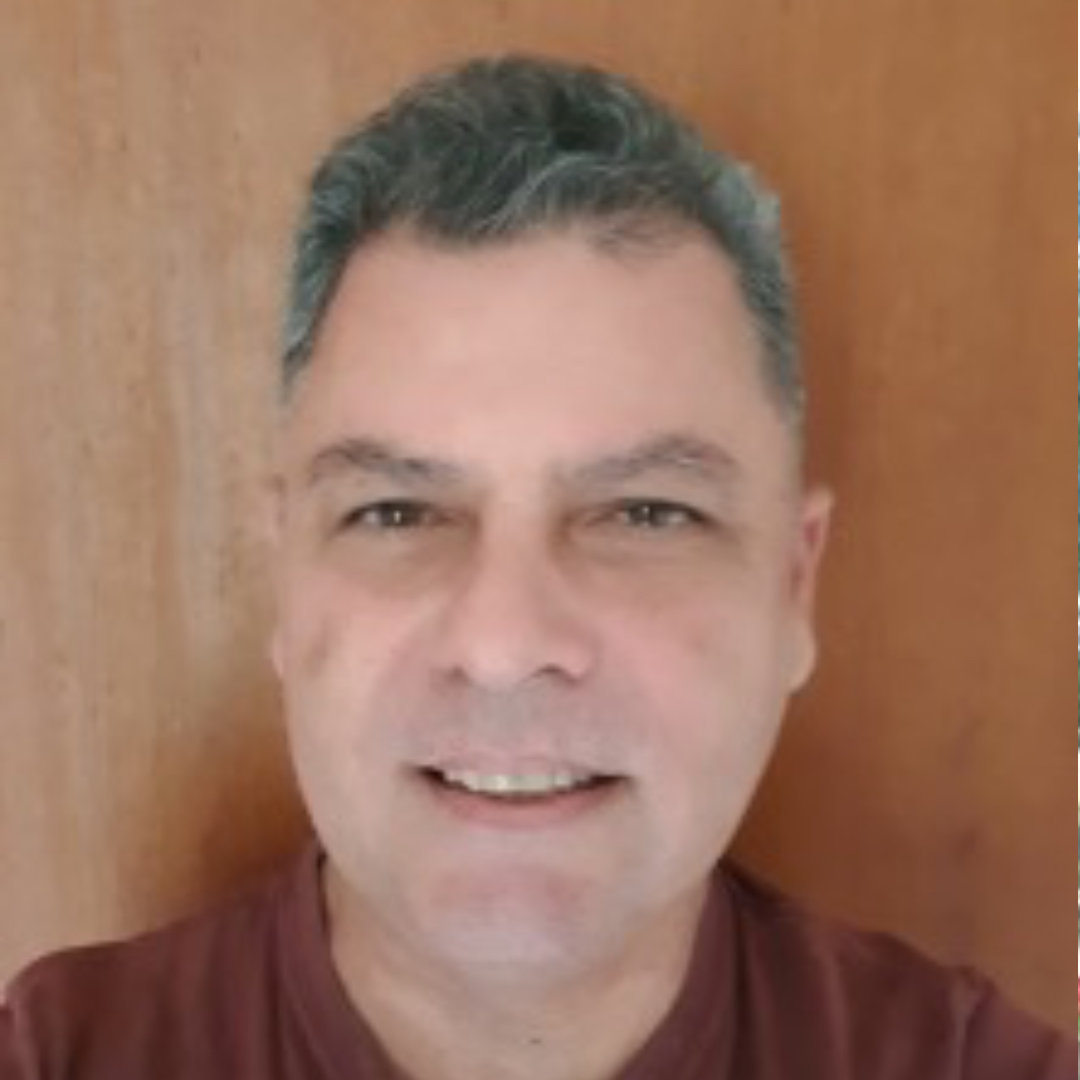
"FASB makes the participation of various local and regional stakeholders possible due to its simple but targeted approach, improving the quality of life of communities and promoting a positive impact on the region's forest landscapes as a whole."
Márcio Braga, general coordinator of FASB.
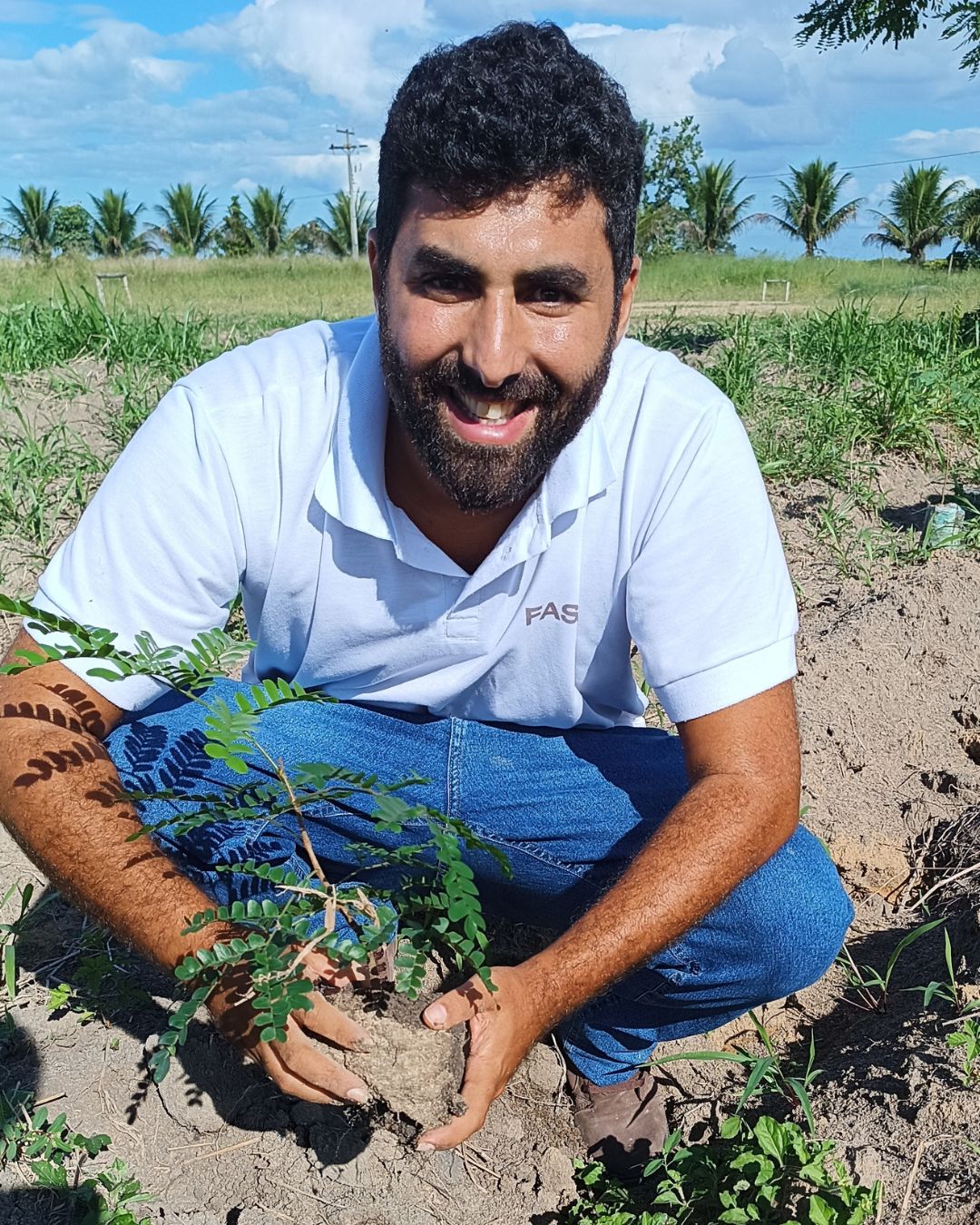
"FASB aims to empower communities to develop their own projects. While we also collaborate with organizations and landowners, our main focus is on small family farmers, Indigenous communities and other traditional groups. These communities are often overlooked by other funding sources, but FASB provides them with opportunities to start or improve their projects.”
Raony Palicer, FASB's Project Origination and Monitoring Coordinator.




